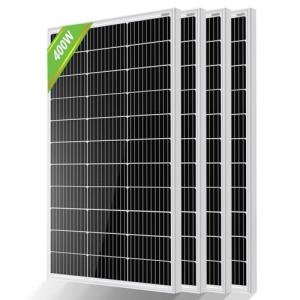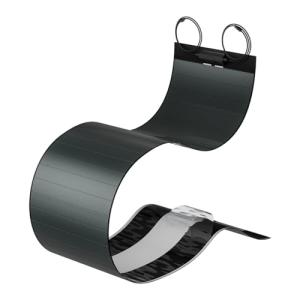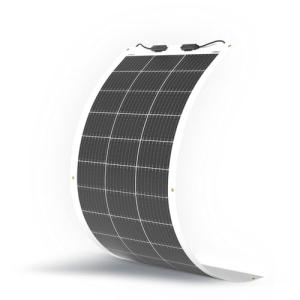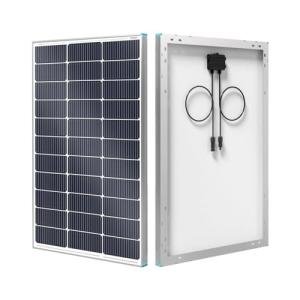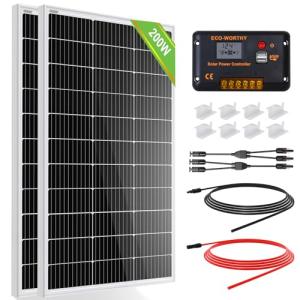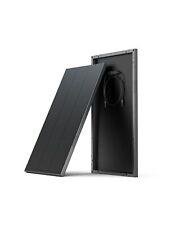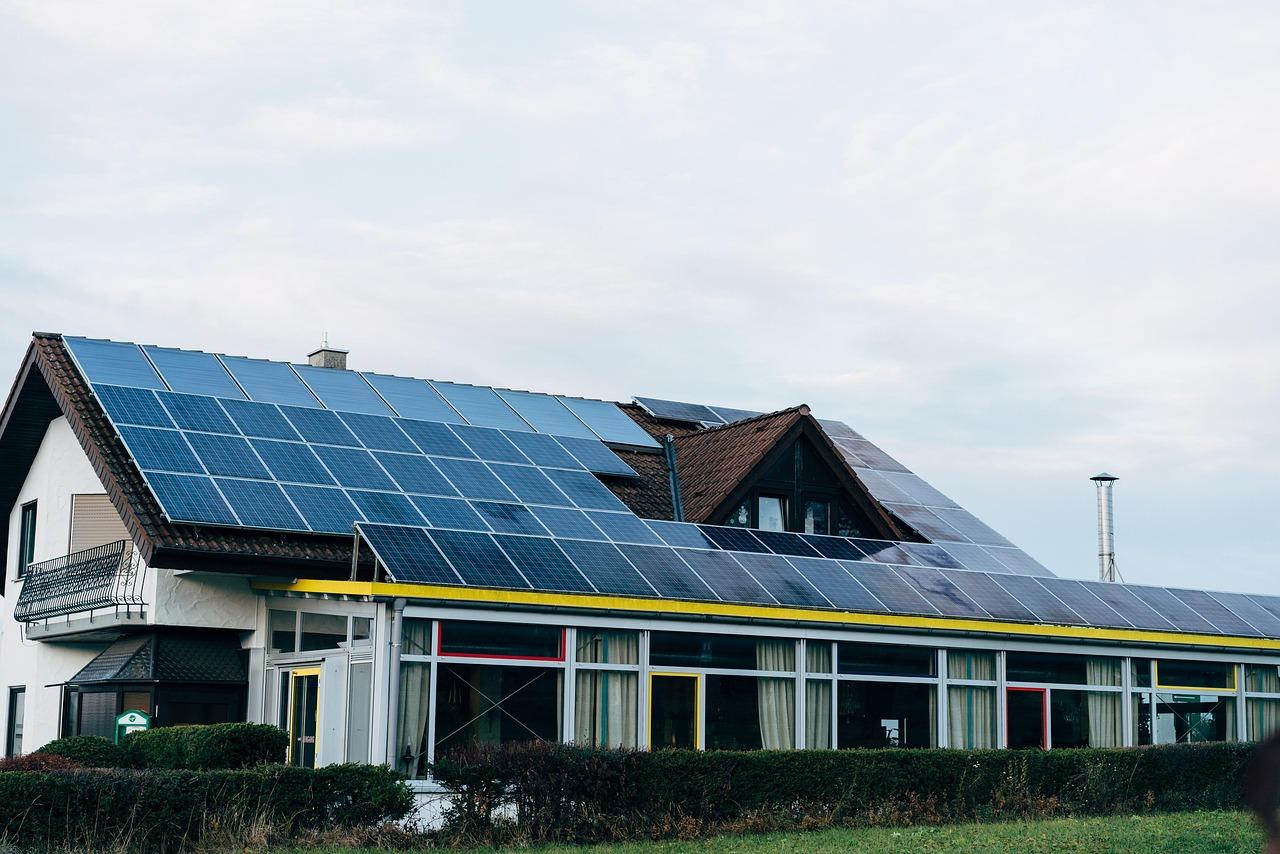When diving into Solar Panel FAQs, it’s important to understand what these powerhouses are made of. At the core of every solar panel are photovoltaic (PV) cells, which catch sunlight and turn it into electricity. Most panels today use silicon for these cells, and for good reason. Silicon is abundant, efficient, and has been the go-to material for years.
There are a few types of silicon used in solar panels: monocrystalline, polycrystalline, and thin-film. Monocrystalline panels are made from a single crystal structure, making them super efficient and space-saving. Polycrystalline panels, on the other hand, are made from multiple silicon crystals. They are generally less expensive but take up a bit more room. Thin-film panels are lighter and flexible, but they usually require more space for the same output.
Besides the PV cells, panels are often framed with aluminum, which keeps them sturdy and weather-resistant. The front layer is typically made of a durable glass that protects the cells while letting sunlight in. Some panels also have a backsheet that provides insulation and adds extra durability.
So, as you get comfy with Solar Panel FAQs, remember that the materials and construction play a huge role in a panel’s efficiency and lifespan. Knowing what’s inside helps you make smarter choices when picking the right solar setup for your home or business.
How Do Solar Panels Work
Understanding how solar panels work is pretty straightforward. At their core, solar panels convert sunlight into electricity. They’re made of many smaller units called solar cells, usually made from silicon. When sunlight hits these cells, it generates a flow of electricity. This is called the photovoltaic effect, and it’s a little magic that happens right there on your roof!
Once the solar cells capture sunlight, they create direct current (DC) electricity. But most of our home appliances run on alternating current (AC) electricity. That’s where an inverter comes in. It converts the DC electricity from the panels into AC electricity, which makes it usable for your home. You can think of the inverter as the translator that helps the sun's energy communicate with your devices.
Your solar panel system also includes some clever tech to manage energy production. Any extra energy produced during sunny days gets sent to the grid, which can lower your electric bill. At night or when it’s cloudy, your home pulls electricity from the grid. This back-and-forth is what makes solar so flexible and efficient.
If you’re diving into the world of solar, you might come across some common Solar Panel FAQs. These often include questions about installation, costs, and savings over time. Don't worry, the more you learn about how it all works, the easier it’ll be to see why so many people are making the switch to solar!
ECO-WORTHY 400W Monocrystalline Solar Panel Kit
Harness the power of the sun with our high-efficiency solar panel kit designed for maximum performance and sustainability
Product information
€185.79
Product Review Score
4.98 out of 5 stars
210 reviewsProduct links
Do I Need a Permit
Many places do require permits, especially if you're installing inverters or doing a full system installation. Local building codes often come into play here. It’s all about ensuring safety and compliance with regulations. So, check in with your local government or building department to see what they require.
Some homeowners find out that if they’re just putting up a small solar panel system, they might not need a permit at all. But don’t assume! Even small systems can require permits based on local rules. So it’s best to be proactive.
Remember, if you plan to work with a solar installer, they usually handle the permit process for you. They know the ins and outs of the regulations and can save you a lot of headache. When you’re looking into solar panel FAQs, this is one question you want to have answered upfront!
BougeRV 100W Flexible Thin-Film Solar Panel
Experience unparalleled versatility and performance with the BougeRV 100W Flexible Thin-Film Solar Panel, perfect for all your outdoor adventures
Product information
€236.89
Product Review Score
4.67 out of 5 stars
58 reviewsProduct links
How Long Do Solar Panels Last
When it comes to solar panels, a common question is, "How long do they last?" You’re looking at a solid lifespan of about 25 to 30 years for most solar panels. That’s a big deal! Most manufacturers back their panels with warranties that reflect this long lifespan, often offering coverage for around 25 years.
Over time, solar panels can lose some efficiency, but it’s usually only about 0.5% to 1% each year. This means that after 20 years, your panels might still be providing around 80% of their original power. That’s pretty impressive, right? Factors like the type of panel, installation quality, and maintenance can all play a role in how well your solar panels hold up over the years.
To get the most out of your investment, it’s smart to keep up with routine maintenance. Simple things, like cleaning off dirt and debris, can help your panels stay in top shape. Checking for shading from trees and keeping an eye on any physical damage will also go a long way. With a little care, solar panels can serve you well for decades, making them a great investment.
So, when diving into Solar Panel FAQs, remember that longevity is one of the fantastic perks of solar energy. It’s not just about saving money on energy bills; it’s also about investing in a reliable power source for the long haul.

